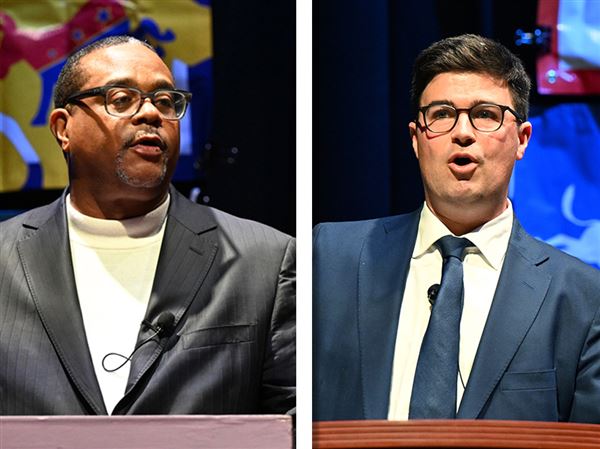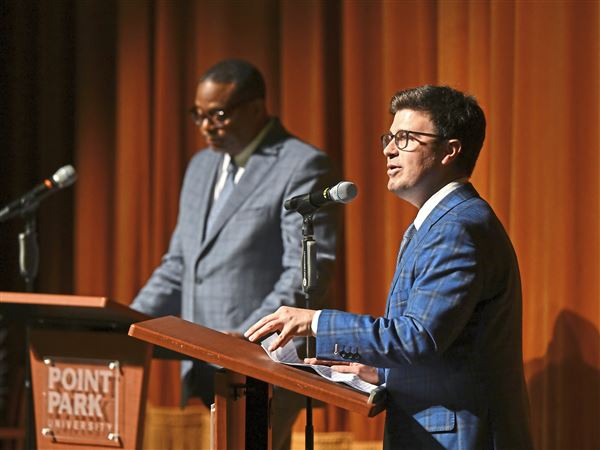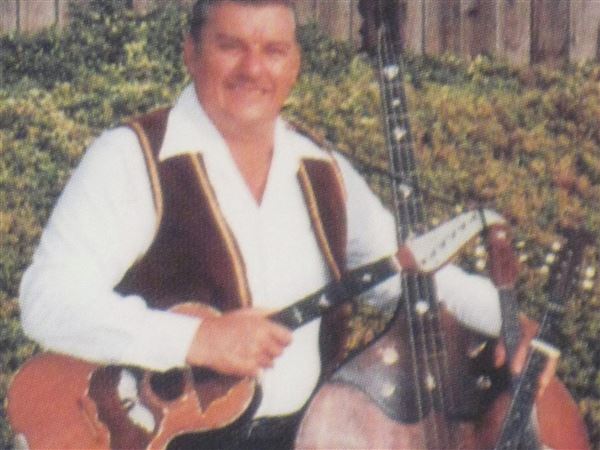Butler County Common Pleas Judge Thomas Doerr believes a judge should decide who sits in jail.
That's why Doerr, the county's president judge, has implemented a policy that restricts the county's probation officers from putting behind bars people who have committed technical violations of their probation or parole. A judge must review the situation first.
Anyone on parole or probation who is arrested for a new crime can be jailed by a probation officer, but that measure must be reviewed by a judge within 48 hours.
"There's evolving case law out there that suggests that to protect the rights of the accused, a judge should be involved,'' Doerr said.
Equally important, he said, is a judicial double-check given that the prison is crowded and the taxpayers are shelling out more than $1 million annually to house the overflow in out-of-county lockups.
People sentenced to probation or parole usually must meet an array of conditions, such as no use of alcohol or illegal drugs; regular meetings with probation officers; and no visits to bars.
If a client misses a meeting or commits some other technical violation, it's up to the probation officer to take action. "We have had a lot of discretion in this area,'' said Gary Elliott, director of adult probation.
Under the current law, Elliott's officers could jail someone immediately for a technical violation. But, Elliott said that didn't happen often. "We weighed the situation carefully. It depended on the individual circumstances.''
But if the decision was made to lock up the person, the probation officer filed a motion for a hearing before a judge, who then determined whether the violator should remain in jail. No set time frame existed for holding such a hearing, Elliott said. The court administrator's office scheduled the hearings, and the time frame could range from a couple of days to a couple of weeks, depending on the court calendar.
A similar procedure was followed for probation clients who were arrested on new charges. Now, if a probation officer encounters a technical violation and believes it warrants lockup, he must seek a court order, preferably from the judge who originally sentenced the violator. And, if a client is arrested on a new charge that involves violence or a felony or drunken driving, the probation officer can put the person in jail but must coordinate the next step with a judge within 48 hours.
District Attorney Tim McCune, chairman of the county prison board, said he reviewed a Jan. 27 report from Elliott that found that of 271 people in the Butler County jail that day, two were there because a probation officer chose to detain them on a technical violation and 12 were there because a probation officer jailed them after an arrest on a new crime. Fifty-four were in jail because judges sentenced them for probation violations and 28 were being held by a judge pending further review by the court.
"I'm not sure this is going to do much to reduce the [jail] population,'' McCune said of the new procedures. He said he was concerned about possible delays in reviewing technical violators with a judge.
Doerr said he believed that at least one of the county's five judges would be able to be reached on any given day by a probation officer in need.
Doerr said the reductions in the jailhouse population might not be big, but every one counts.
"We're finding out from our other programs that jail is not necessarily the best option in some of these cases,'' Doerr said, referring to programs such as intensive monitoring for juvenile probation clients, electronic monitoring for adults, and intensive drug and alcohol treatment for both. He said the sentencing judge who actually reviewed the particulars of a case and heard testimony the first time around is in the best position to decide what to do for a probation client who commits a technical violation or who is rearrested.
Court officials have assured Elliott they will review the situation to see whether difficulties arise.
First Published: February 18, 2004, 5:00 a.m.
















